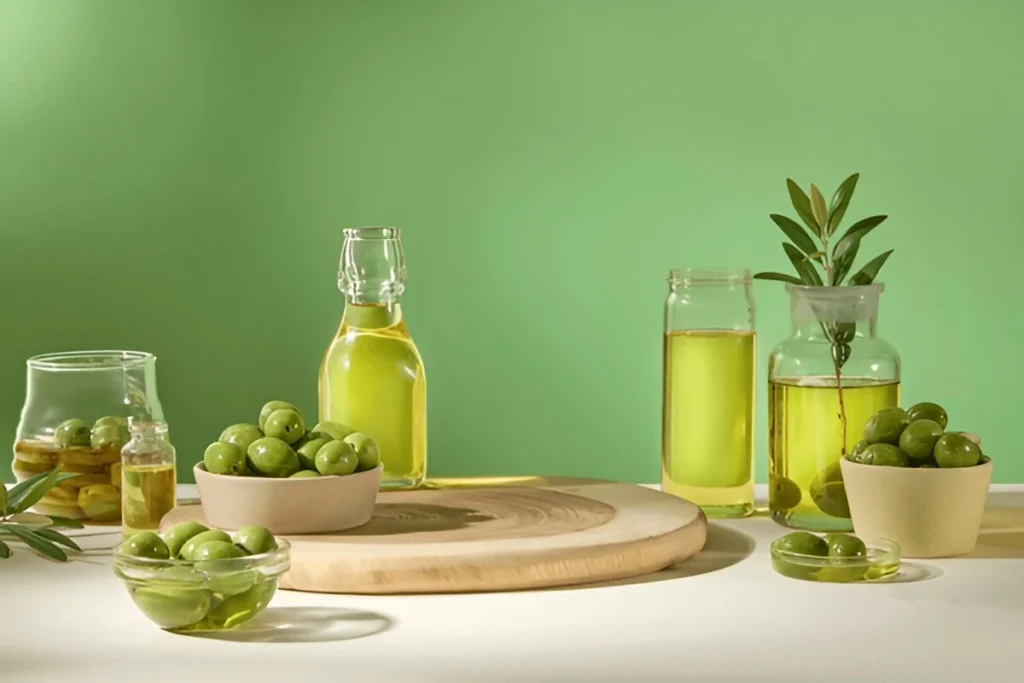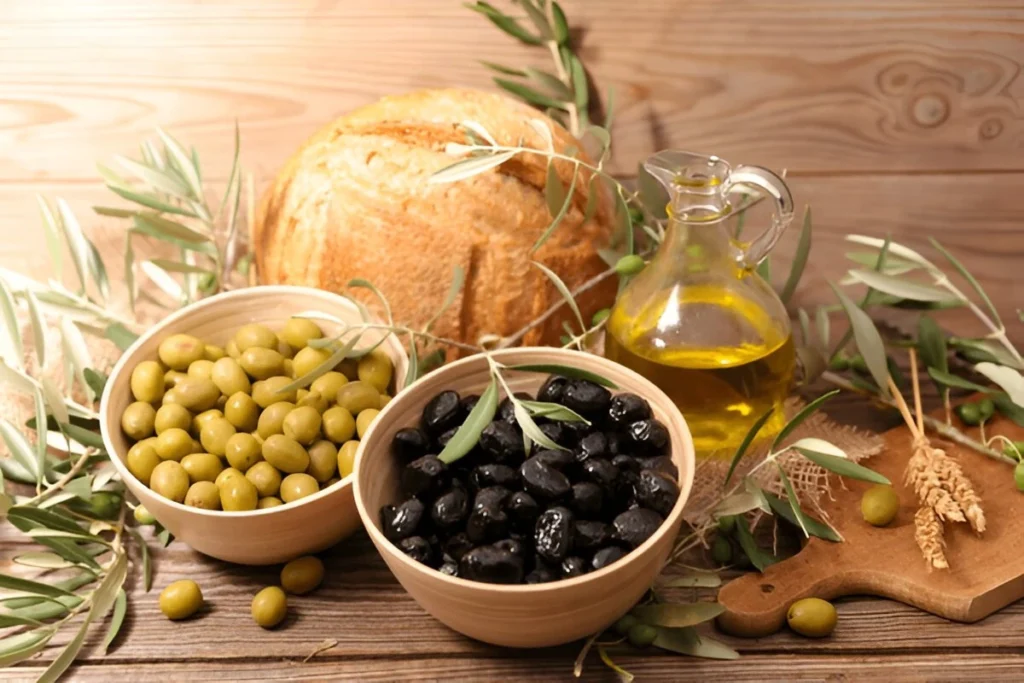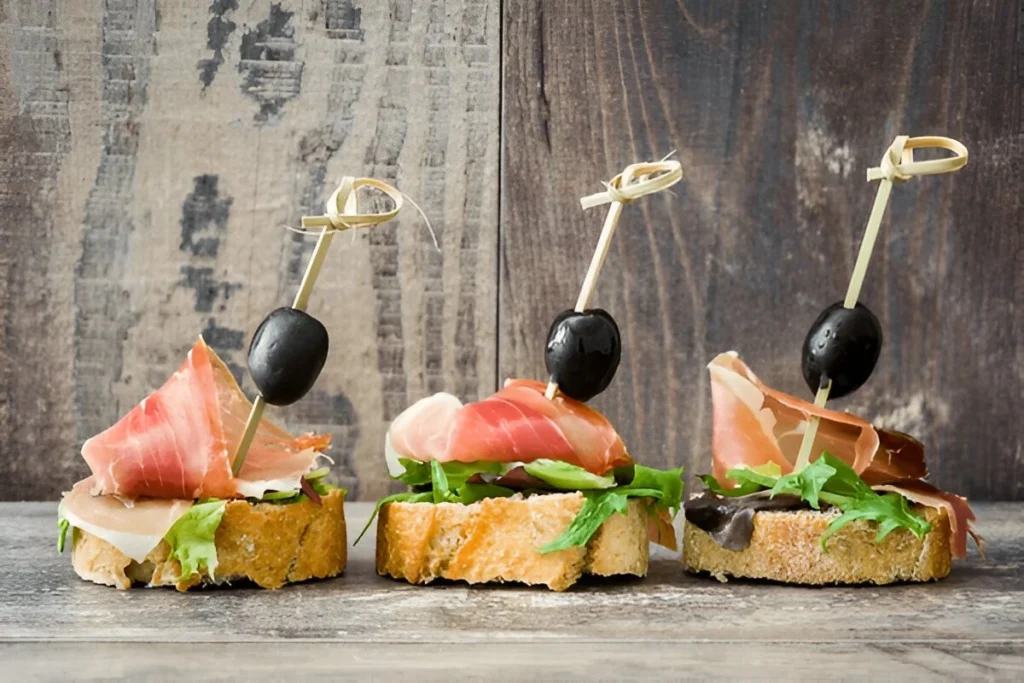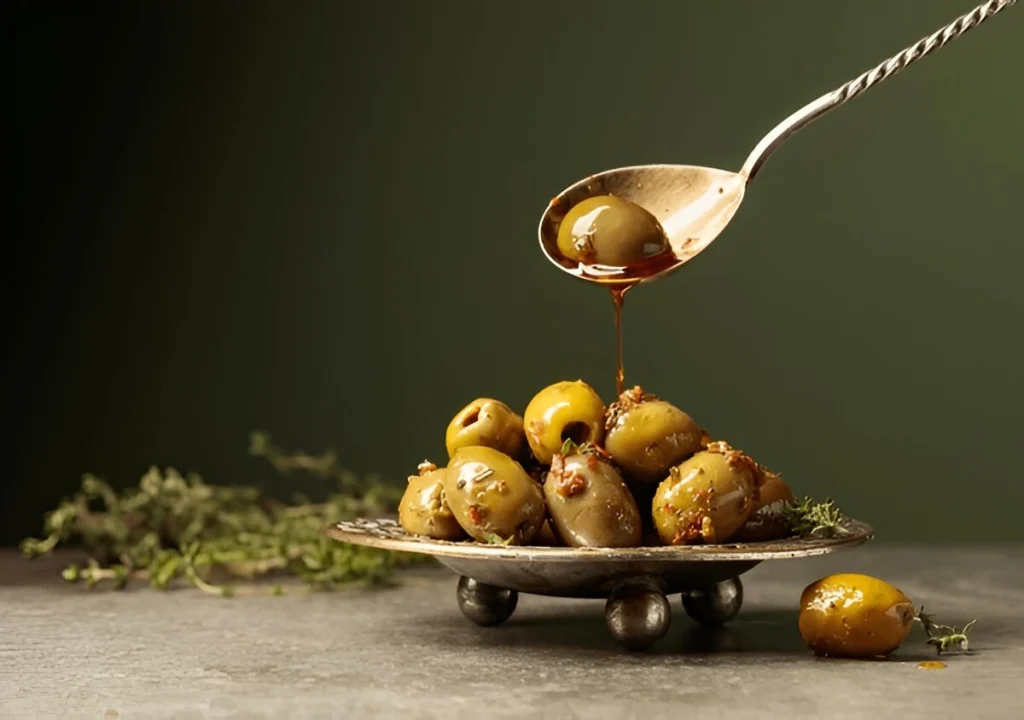Pregnancy often brings a whirlwind of questions about what’s safe to eat and what’s not. Among the many foods on the radar, olives often spark curiosity.
Are you wondering, Can I Eat Olives While Pregnant? Yes, you can eat olives while pregnant, but it’s important to consume them in moderation and choose high-quality, properly processed olives to avoid any risks. Olives are a great source of healthy fats, antioxidants, and essential nutrients that can benefit both you and your baby. However, not all olives are created equal, and some varieties may have high sodium content or be processed with potentially harmful preservatives.
Let’s dive deeper into everything you need to know about enjoying olives safely during pregnancy.
Why Are Olives a Common Pregnancy Food?
Olives have been a staple in Mediterranean diets for centuries, celebrated for their rich flavor and health benefits. During pregnancy, their unique blend of healthy fats, vitamins, and minerals can be especially appealing to women seeking nutrient-dense foods.
Nutritional Profile of Olives
Here’s a quick breakdown of the nutrients found in a 100g serving of olives:
| Nutrient | Amount |
|---|---|
| Calories | 115 kcal |
| Healthy Fats | 10.7 g |
| Vitamin E | 1.65 mg |
| Iron | 3.3 mg |
| Sodium | 735 mg |
| Fiber | 3.2 g |

These nutrients contribute to overall health, making olives a powerhouse snack for pregnant women.
Can I Eat Olives While Pregnant
The Safety of Consuming Olives During Pregnancy
Good news! Olives are generally safe for pregnant women, provided they are eaten in moderation. The main concern lies in their sodium content, as excessive salt can lead to bloating or increased blood pressure.
Health Benefits of Olives for Expectant Mothers
Olives are packed with monounsaturated fats that support heart health and aid in nutrient absorption. Their antioxidants, such as vitamin E and polyphenols, help protect cells from damage, which is crucial during pregnancy when your body is working overtime.
Can I Eat Black Olives While Pregnant?
Differences Between Black and Green Olives
While both types of olives come from the same tree, their processing methods differ. Black olives are fully ripened, giving them a milder flavor and softer texture, while green olives are picked before ripening, offering a firmer bite and tangier taste.

Nutritional Benefits of Black Olives
Black olives are slightly lower in sodium than green olives, making them a better option for those monitoring their salt intake. They’re also rich in iron, which can help combat pregnancy-related anemia.
Can You Eat Olives While Pregnant Every Day?
Recommended Serving Sizes
Moderation is key. Aim for about 5-7 olives per serving to reap their benefits without overloading on sodium. Incorporating olives a few times a week is a safe approach.
Balancing Olives in a Pregnancy Diet
Pair olives with other nutrient-rich foods like fresh vegetables, lean proteins, and whole grains to create balanced meals. For example, add olives to a Greek salad or use them as a topping for whole-grain pasta.
Health Benefits of Eating Olives While Pregnant
Boosting Baby’s Development
The healthy fats in olives are crucial for fetal brain and eye development. These fats also aid in the absorption of fat-soluble vitamins like A, D, E, and K.

Supporting Maternal Health
Pregnancy can be tough on your body, but olives offer nutrients that can help. Vitamin E supports skin elasticity, reducing the likelihood of stretch marks, while iron combats fatigue.
Are There Risks to Eating Olives While Pregnant?
High Sodium Content in Olives
One downside to olives is their sodium content. Consuming too much salt can increase your risk of hypertension or swelling, so it’s important to enjoy olives in moderation.
Potential Allergens and Additives
Some olives are processed with artificial preservatives or flavor enhancers. Always read labels carefully to avoid additives that could be harmful during pregnancy.
How to Choose Safe Olives During Pregnancy
Reading Labels for Additives
Look for olives that are free from artificial preservatives like sodium benzoate or potassium sorbate. Choose brands that list only natural ingredients.
Opting for Organic and Preservative-Free Options
Organic olives are a great choice, as they are less likely to contain harmful chemicals. Freshly cured olives from a trusted source are also ideal.
Can I Eat Black Olives While Pregnant as Snacks?
Quick and Easy Olive-Based Snacks
Black olives make an excellent snack during pregnancy, providing a savory flavor that can satisfy cravings. Try pairing them with slices of cucumber or whole-grain crackers for a balanced snack.
For an even heartier option, create mini skewers with black olives, cheese cubes, and cherry tomatoes. These portable snacks are perfect for busy days.

Creative Ways to Include Black Olives in Your Meals
Incorporate black olives into your meals by adding them to omelets, sandwiches, or wraps. You can also toss them into pasta dishes or sprinkle them over homemade pizzas. Their versatility ensures you never get bored!
Can You Eat Olives While Pregnant in Recipes?
Delicious Pregnancy-Safe Olive Recipes
Olives can enhance a variety of recipes, from salads to main courses. Consider making a Mediterranean quinoa salad with black olives, feta cheese, and fresh herbs. Another idea is a pregnancy-safe tapenade, blending olives, capers, and olive oil to spread on whole-grain bread.
Cooking Tips to Maximize Nutritional Value
When cooking with olives, avoid adding extra salt, as they’re already naturally salty. Use fresh ingredients and minimal processing to retain their nutrients. Baking or roasting dishes with olives can also bring out their rich flavor.
Can Pregnant Women Eat Marinated Olives?
Understanding Marination Ingredients
Marinated olives are often flavored with herbs, spices, and oils. However, some may contain high amounts of sodium or preservatives. Check the ingredient list to ensure there are no artificial additives or excessive salt.

Safe Marinated Olive Brands
Opt for brands that use natural ingredients and avoid artificial preservatives. Homemade marinated olives can also be a great alternative, allowing you to control the flavors and ingredients.
FAQs
- Can olives help with pregnancy cravings?
- Yes! Their salty, savory flavor can satisfy cravings for salty snacks, offering a healthier alternative to chips or processed foods.
- Are there any alternatives to olives?
- Capers, pickles, or avocado slices can offer similar textures and flavors with different nutrient profiles.
- Are black olives better than green olives during pregnancy?
- Black olives tend to be lower in sodium and may be a better option for managing salt intake, but both types are nutritious.
- How can I reduce the sodium content of olives?
- Rinse canned or jarred olives under cold water to remove excess sodium before eating.
- Can olives help with pregnancy-related nausea?
- Yes, their tangy and salty flavor can sometimes help alleviate nausea for some women.
- What’s the best way to store olives for safety?
- Keep unopened jars in a cool, dry place and refrigerate them after opening to maintain freshness.
Conclusion
Eating olives while pregnant can be a healthy and delicious way to support your nutritional needs. By choosing high-quality options and enjoying them in moderation, you can safely include olives in your pregnancy diet. Remember, balance is key—pair olives with other wholesome foods for the best results. Enjoy your journey to motherhood with a flavorful and nourishing diet!
